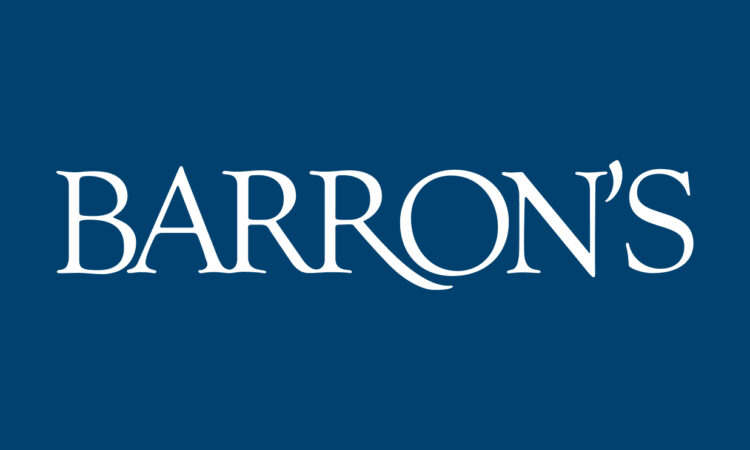
Ukraine sounded the alarm over its European ambitions on Monday as EU leaders face a struggle to agree renewed financial support and an invitation to Kyiv to start formal membership talks.
The leaders of the 27 European Union states meet on Thursday at a summit that could decide the fate of a promised 50 billion euros ($54 billion) in aid, additional funds for weapons shipments and opening Ukraine’s path to join the bloc.
But agreement on the key issues must be unanimous, and Hungary’s Prime Minister Viktor Orban has threatened to block any new support for Ukraine, 21 months after the Russian invasion.
With United States backing for Ukraine under threat from Republicans in Congress, the prospect that support from the country’s other main ally may also falter terrifies its government.
Advertisement – Scroll to Continue
Ukrainian Foreign Minister Dmytro Kuleba told reporters on Monday he “cannot imagine” the fallout if EU leaders snub Kyiv’s hope of membership talks.
“I don’t even want to talk about the devastating consequences that will occur shall the Council fail to make this decision,” he said when he arrived in Brussels on Monday to help prepare the European Council summit.
Kuleba’s boss, President Volodymyr Zelensky, has long stressed how vital it is that European capitals decide this year to start formal EU membership negotiations with his country.
Advertisement – Scroll to Continue
Hungary aside, Ukraine enjoys broad support in EU capitals, both in its campaign to defeat Russia’s all-out invasion — launched in February last year — and in its quest to join the bloc.
The head of the EU executive, European Commission president Ursula von der Leyen, recommended last month that both Ukraine and its neighbour Moldova be allowed to begin formal membership talks.
But Hungary’s Orban, who is both close to Moscow and in dispute with Brussels over frozen EU funds for his country, could prevent the leaders voting unanimously to back funding for Kyiv and membership talks.
Advertisement – Scroll to Continue
Last week, Orban wrote to the summit host, the president of the European Council Charles Michel, to demand that accession talks with Ukraine be taken off the summit agenda entirely.
Having earlier demanded a “strategic discussion” on whether to continue backing Ukraine’s defence, he now warned that all manner of EU business could be disrupted by the award.
In a letter, Orban warned EU leaders would not be “in a position to take key decisions unless a consensus on our future strategy towards Ukraine is found”.
Advertisement – Scroll to Continue
Membership should be dropped from the summit “as the obvious lack of consensus would inevitably lead to failure”.
So far, Brussels has not struck the issue from the summit agenda. Intense diplomacy is under way to head off a crisis.
On Thursday last week, French President Emmanuel Macron hosted Orban at a dinner in Paris to discuss “various aspects of European support for Ukraine”.
Advertisement – Scroll to Continue
Zelensky was caught on video in Buenos Aires at the weekend in an apparently tense conversation with Orban on the sidelines of the inauguration of President Javier Milei.
And on Monday, EU foreign ministers and officials arriving in Brussels for talks to prepare the summit piled pressure on the Hungarian strongman.
“I hope that European unity will not be broken because this isn’t the moment to weaken our support to Ukraine,” EU foreign policy chief Josep Borrell said.
Finnish Foreign Minister Elina Valtonen called Hungary’s position “very, very deplorable”.
“It is crucial that we keep on aiding Ukraine for as long as it’s needed. And it’s not only for the cause of Ukraine but also for our own cause,” she said.
European diplomats believe that Orban is stalling support for Ukraine to pressure Brussels to release billions of euros of EU support to Budapest that was frozen over a dispute about the rule of law in Hungary.
“This shouldn’t be a game of bargaining. But of course, in this situation, we need to find all channels possible which can aid in finding a conclusion,” Valtonen said.
Meanwhile, her Lithuanian counterpart, Gabrielius Landsbergis, said Hungary’s position appeared to show Budapest was “against Europe and everything that Europe stands for”.
“It’s a clash of ideologies of those who want Europe to be strong and those who don’t want Europe — the European Union — at all.”
ob-dc/del






